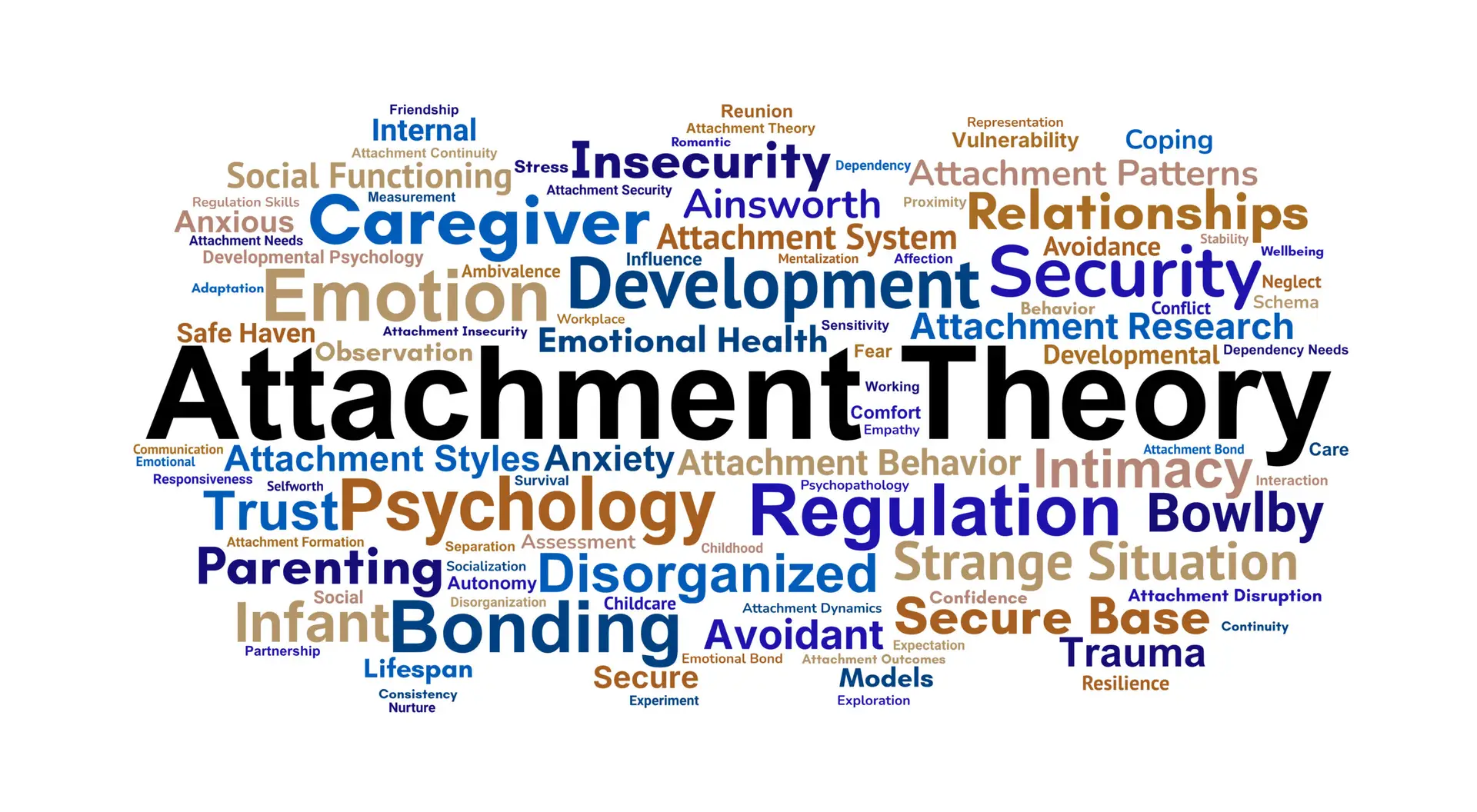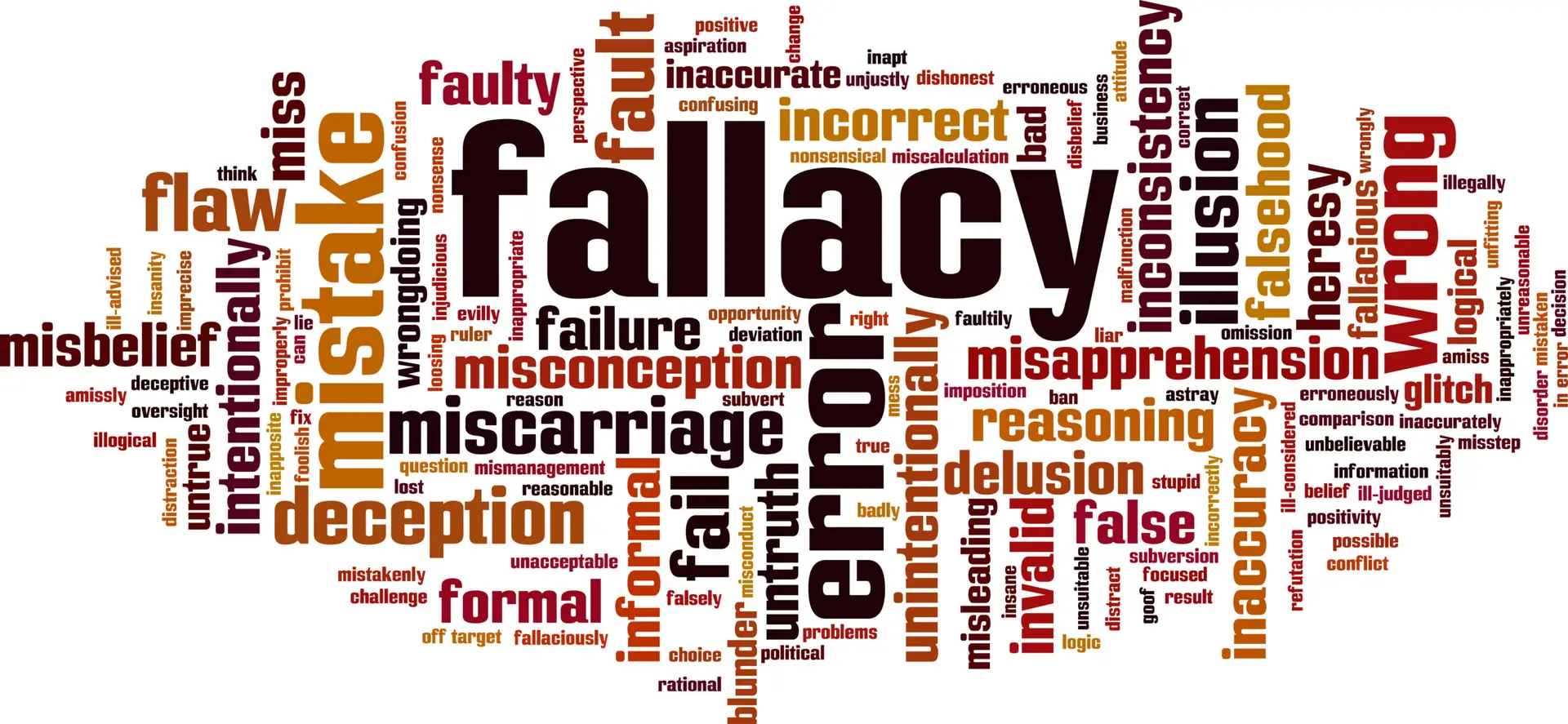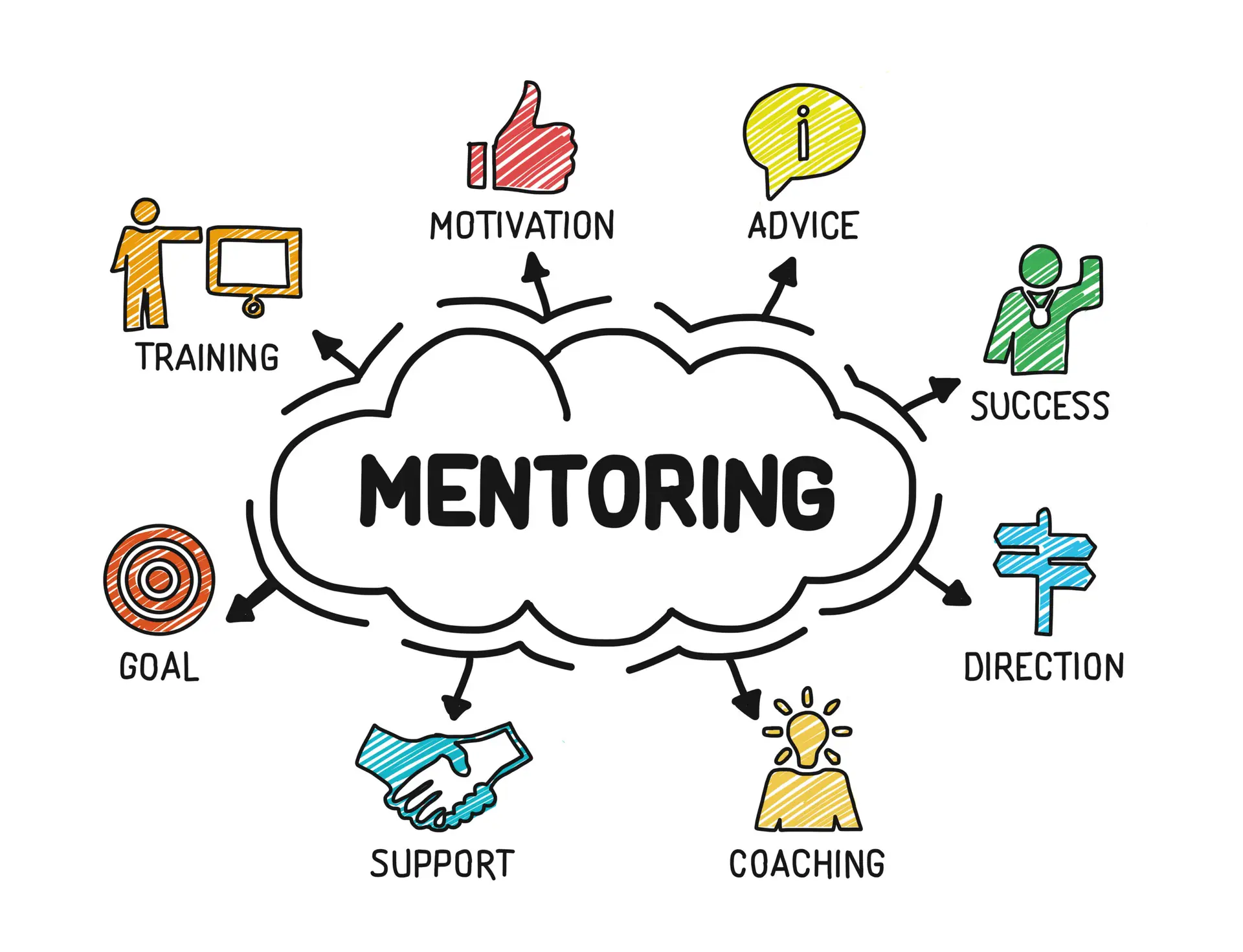Was It That Bad?
Many people who have grown up with a narcissistic parent often question whether their childhood was ‘that bad.’ They may know they were unhappy as a child and that there was something wrong but there may be a lot of doubt in their mind as to exactly what they went through and why. It was ‘that bad,’ so why do people struggle to see that?
This is for many reasons. We start to defend ourselves from a young age in various ways which are going to interfere with our capacity to see the world in a realistic way.
We are in Denial
One of the first defences to occur developmentally is denial. Denial is the refusal to accept reality or fact, acting as if a painful event, thought or feeling did not exist. It is characteristic of early childhood development. Many people use denial to avoid dealing with painful feelings or areas of their life they don’t wish to face. It is a form of repression.
We ‘Act Out’
Acting out is performing an extreme behaviour in order to express thoughts or feelings the person feels incapable of otherwise expressing. The behaviours will usually be considered bad or antisocial and are generally destructive to either the self or to others. Feelings are translated into actions rather than being felt and it is an unconscious process.
We Dissociate
People who have a history of any kind of childhood abuse often develop some form of dissociation. This can be defined as detaching from reality in some way.
Symptoms of dissociation are a sense of fragmentation or division of the self; this can feel like shifting between different mood states or experiencing too much or too little emotionally and physically (hyperarousal and hypoarousal). We can also develop the sense of feeling like we are not real, or life is not real, we might feel like we are outside of ourselves and looking on or like we are in a dream. People can feel numb or disconnected.
We Develop Black and White or All-or-Nothing Thinking
When we grow up in a narcissistic family, our personality and thinking patterns develop in a particular way where it is unable to hold complex ideas in mind at the same time, so it ends up being split. We tend to think in extremes and be in one place in our mind at a time. For example, our partner is amazing or terrible or we ourselves are amazing or terrible. When we have a conflict with another person it can be hard to hold in mind any positive feelings we may have about them. We may ‘easily’ cut people off.
It’s all My Fault
As narcissists are very blaming of others and very critical, they will have blamed their children for anything that has gone wrong and a child absorbs this and they will develop a core belief that they are to blame, although they may have a cognitive understanding that they are not. The child will develop feelings of chronic shame and this leads to the ingrained core belief that they are a bad person.
We Have Missing Memories
Many people have issues with their memories, some have chunks of memory missing and some people don’t remember much before the ages 14, 15, 16 or older. Some people have specific memories which are missing or buried concerning traumatic events.
Our autobiographical memories start at around 27 months old (but there are studies which show that our memories up to age 8 can fade over time and this is due to the way the brain develops). This is known as declarative memory.
For people who do remember a lot of their childhood, the memories may be there but often the feelings belonging to those memories are detached, so we may tell a horrible story and laugh or feel quite blankly. We don’t feel the appropriate emotion.
But The Body Remembers…
The way the body learns and remembers starts from birth. When we have learnt to do something, such as ride a bike, it does not require much conscious thought. Our defensive reactions operate in the same way. This is known as procedural memory.
We may not have an autobiographical memory of why we react in the ways we do but we can feel it in our body memory. For example, we may be nervous whenever a police car drives past even if we have never had any run ins with the police. This can be due to a fear of being in trouble and/or a fear of authority figures. You may dread your birthday (fear of being ignored and humiliated or people not wanting to celebrate with you, fears of rejection).
We may expect a romantic partner to run off with another person because we anticipate they will realise that we are not worth much (an expectation of being left). Large groups of people may make us nervous, and we might not know why (it can be because there are too many people to watch, and we are hypervigilant around others). These automatic thoughts, feelings and responses are clues to what has happened to us over the years. The reasons why we have them are often buried as it is painful to remember and would interfere with being able to function in daily life.
Emotional Neglect and Emotional Abuse
Emotional neglect and emotional abuse are both traumatic. Some people see their parents as being inadvertently abusive through neglect and lack of interest and it can be this which does not seem that bad. Many people talk about how they were fed and clothed and their parents seemed OK to other people. Some people try to tell others what their parent is like, and they are not believed. This messes with their sense of reality. The wounds are on the inside.
Emotional neglect can make us think there is something inherently wrong with us and we are not worth caring about. These core beliefs become so ingrained in us that we may not even question it. We take it to be a fact.
So, what is the death by thousands of cuts we go through when we have a narcissistic parent?
It’s the birthdays where we are ignored or treated even more badly than usual
It’s the school plays you are in that they don’t come to see
It’s the never being good enough
It’s the never being able to do anything right in their eyes
It is the constantly being told you are too fat, ugly, short, tall, clever, stupid, naughty, etc
It’s being looked at with disgust, disdain, hatred or pity
It’s the feeling of being unloved and all alone in the world
It’s the being gossiped about and having your private information revealed to others
It’s the being ignored for hours or days on end
It’s the not being hugged
It’s the not being comforted and reassured when it’s needed.
It’s when you walk into a room, and you are looked at with a ‘not you again’
It’s the feeling of being a complete disappointment
It’s the unfairness when you are accused of being a liar or crazy or evil
It’s the being hit and shouted at
It’s being humiliated, dominated, controlled and embarrassed by your parent
It is being diminished, ignored and dismissed
It’s when they are awful to you on your wedding day
It’s not feeling safe or protected in the world
It’s your parents not caring if you are being bullied at school
It’s your siblings being treated better than you
It’s the lack of interest in you as a person and your hopes, dreams, likes and dislikes and your view on the world
They don’t care if you are there or not
If you don’t go along with what they want there is an awareness of that’s it, you will be out, shunned and excommunicated
There is horror in the tedious, mundane daily grind of subtle, casual abuse as well as in the big dramatic events that happen
It is a death by 10,000 cuts
That is how it feels to be emotionally neglected and it goes on for years
Part of the recovery process from narcissistic abuse is moving out of the defences which stop is from seeing how bad it was, so we can come to terms with and accept what happened. We can then mourn and move on. Simultaneously, we also realise how good life is, we are no longer trapped in the past by the trauma we carry and we can start to live more in the here and now.
Links:
Memory
Memory before age 7
https://www.popsci.com/blog-network/kinderlab/birth-memory-why-kids-forget-what-happened-age-7/
Dissociative Amnesia
https://www.psychologytoday.com/us/conditions/dissociative-amnesia
Memory Development







